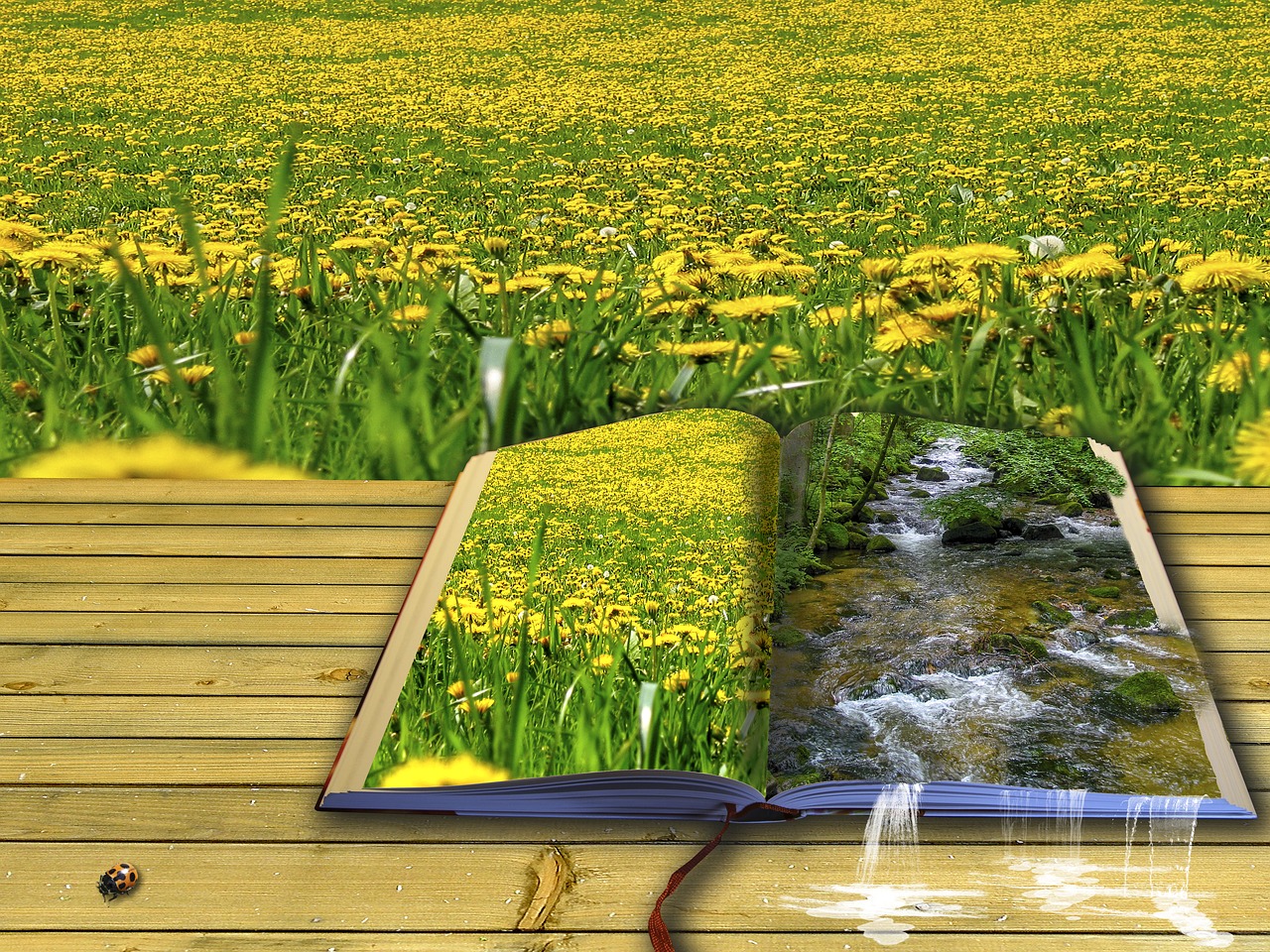It’s more that obvious, that in the imaginary of the people, disciplines as science and poetry may seems as distant as possible. More than distant, they in fact seems – in a superficial way of looking – as belonging to different universes.
How can I trust in poetry to understand the real word, one may ask.
And it may seem a fully reasonable motivation. Scienze is for the knowledge of the “objective” word, after all. Art is for the rest, for what it’s connected to the “human part” of anything.
At a second glance, it turn out that things are not so simple. One may ask, first of all, if there is a objective word, out there. I mean, a word fully independent of me as observer, a word I can investigate as completely detached from me. It’s not so assured, in particular after that quantum mechanics has given us the picture of a universe much more interconnected and complicated that we believed once.

We live a wonderful moment, after all. We live in a world where we can understand again that it exists different way of knowledge (a full spectrum of that, actually), and they are all necessary to be fully present in this word, as human being. Conversely, to restrict only to science make us partial, so that we cannot fully appreciate the gift that – basically – the universe around us do represent.
“Poetry and science are not opposed: they were not opposed at the beginnings of wonder” says the italian poet Davide Rondoni.
As Hawking once said, “Physicists and poets may differ in discipline, but both seek to communicate the beauty of the world around us.”Beauty doesn’t allow us to be investigated only quantitatively. In fact, beauty deserves much more. In the present age, science and poetry can regain a wonderful proximity. They can became, in fact, nearest that ever.